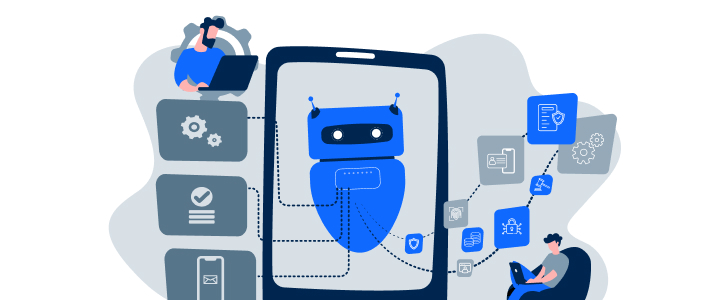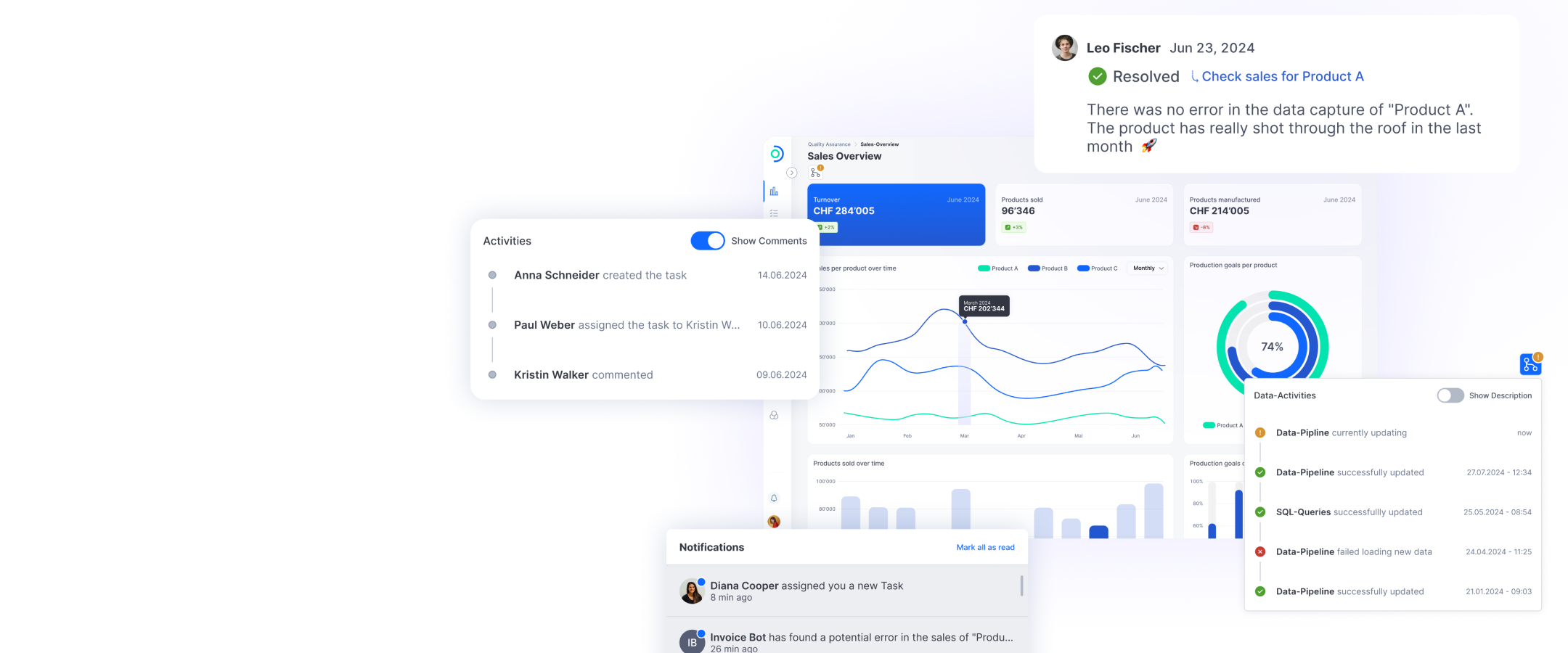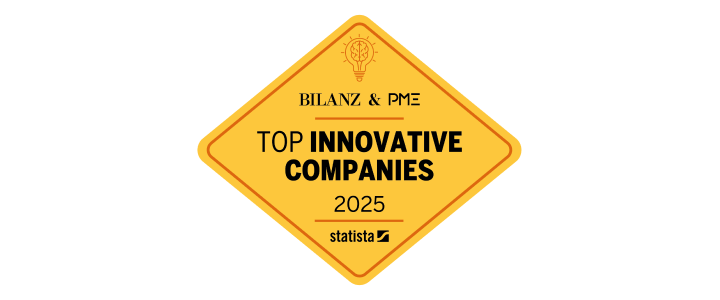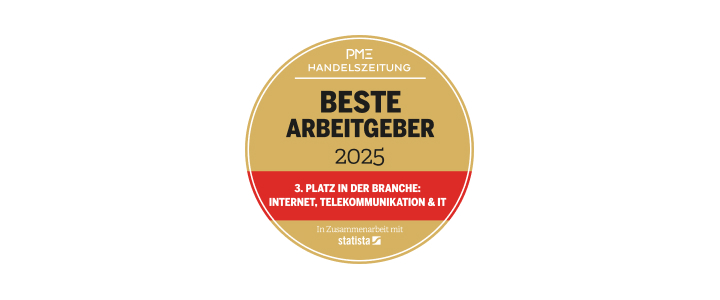What digitalization has to do with sustainability. And vice versa.
Simply developing a new app is not enough: Martin Fabini, a lecturer in sustainable digitalization at HSLU, explains why digital transformation must also encompass ecological, societal, and economic sustainability aspects.
Many are familiar with this: When sustainability topics are discussed among colleagues and friends, there is often a hint of primordiality in the air. Images of clear mountain streams, rustling deciduous forests, and happy children biting into a red apple appear before our mind's eye... Cut! We shift to blinking data centers, precisely timed robots, and engineers poring over complex diagrams. From dream to nightmare? No, just from the idealized image to reality.
Sustainability is inconceivable without digitalization
How else can our locally generated renewable energy reach consumers intelligently and effectively? How else can we rethink mobility with sharing models and efficient integration of different modes of transportation? How else can a complex circular economy function? Or how else can our farmers generate the necessary yield for our food supply both gently and effectively?
The use of digital technologies analyzes, interprets, and manages the core processes of our society, and thus, their transformation towards sustainable practices. And when we talk about "sustainable practices," we mean all of us. The company we work for, our work environment, and our specific job roles. This is exactly what should be transformed and redesigned in the course of a company's digitalization. So, we can also turn the tables and say:
"Digitalization must be sustainable."
So, here we are, from clear streams and rustling forests, directly and without detour, at our workplaces, our projects, and our to-do lists, and the source of our monthly paychecks. We are facing a challenge that we hadn't explicitly had on our radar before. This challenge spans all levels of the company, from strategic direction to operational management. And the question arises: what knowledge and competencies do we need to master this challenge?
Environment, Social, and Governance (ESG)
Sustainability is commonly associated with environmental and resource conservation. However, this is just one of the three pillars on which the concept of sustainability is defined and the basis for sustainability reporting and assessments. Fair and socially responsible treatment of employees, customers, suppliers, and partners throughout the entire supply and value chain is just as essential as tax honesty and integrity in corporate governance. These three pillars of values naturally influence each other and should not be considered and implemented in complete isolation from one another. A corrupt company will not operate in an environmentally responsible manner, and a company that exploits its employees and partners will not simultaneously adhere strictly to legal compliance. A company genuinely committed to sustainability will scrutinize each of its significant decisions to ensure that they:
- Comply with legal and regulatory requirements.
- Meet the expectations of customers, partners, and society.
- Exploit opportunities to position the company better (and thus more profitably) in a sustainable economic environment.
For digitalization activities, this means reviewing the entire lifecycle of digital products for sustainability compliance and potential.
Scope
The scope of a specific digitalization project undoubtedly holds the greatest potential for real sustainability effects. Does it promote new ways of working or new user consumption behaviors? Does it save resources or enable their reuse through digital processes? Does it make administrative processes transparent and tamper-proof, or does it foster exchange and communication? Analyzing and effectively implementing ESG (Environment, Social, and Governance) goals in a digital product is a challenge in product design. How exactly are the desired effects achieved? Does the business case work? Product design methods such as creating a business canvas or employing design thinking approaches are supplemented with sustainability aspects, thereby establishing them as an integral quality feature of a solution.
Development
In the software development process, sustainability means the responsible use of resources. What are these resources? In addition to the energy consumed by the development and testing environment, it also includes the knowledge of the developers. "Sustainability" can also mean sustainable knowledge management: good reuse strategies, using and publishing as open-source code, as well as collaborative practices like pair programming, are methods that contribute to social ESG (Environment, Social, and Governance) goals. Furthermore, in development, the foundation for sustainable operations is laid: the use of intelligent algorithms that contribute to saving processor cycles or more efficient memory management can significantly reduce the operating costs of the solution, depending on the problem and application area.
Operations
Last but not least, operations are perhaps the most visible component of a sustainable, or conversely, an unsustainable digital solution. Energy consumption, heat generation, hardware utilization – these are the areas of concern when it comes to operating digital infrastructures. Accordingly, knowledge of solutions for effective energy management, the use of energy-efficient hardware, and options for natural cooling and/or heat recovery are key to a sustainable approach.
Conclusion
Sustainability and digitalization are closely intertwined. Digitalization can be a crucial tool for achieving sustainability goals, but it can also work against them. Sustainability, however, is a societal objective that is increasingly embedded in legal and regulatory frameworks, as well as in the expectations of customers and partners. Therefore, a company's digitalization efforts must explicitly incorporate the ESG (Environment, Social, and Governance) dimensions of sustainability into its objectives, from strategic formulation to operational implementation. The necessary knowledge about practices, technologies, and conditions for sustainable digitalization becomes a key competency in this endeavor.





